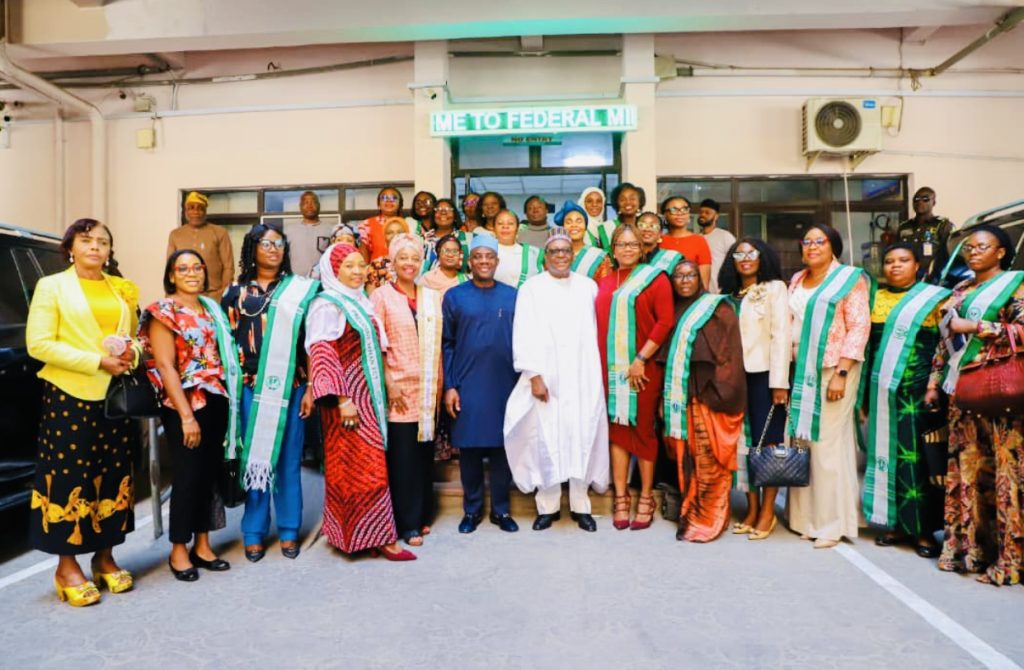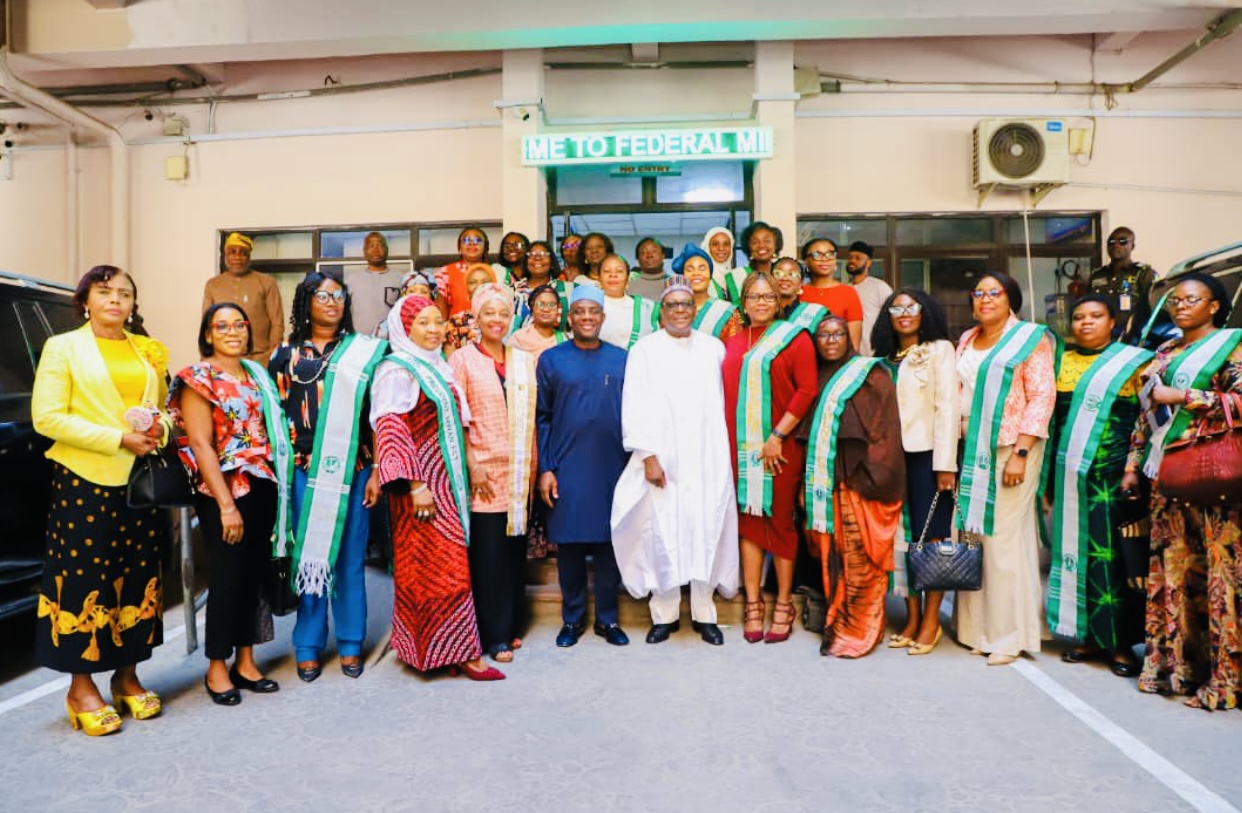
Ladies and gentlemen, it is with great honor and privilege that I address you today, having recently had the opportunity to accompany the Medical Women’s Association of Nigeria on a courtesy call to the Federal Ministers of Health. This visit was not only a powerful demonstration of the important role that women continue to play in the medical field, but also a critical moment in the ongoing discussions surrounding healthcare in Nigeria.
As we sat down with the Federal Ministers of Health, it became abundantly clear that there are significant challenges facing the healthcare system in Nigeria. From the lack of adequate funding to the shortage of medical professionals and equipment, there is much work to be done in order to ensure that all citizens have access to the healthcare they deserve.
One of the most troubling issues that was brought to our attention during our visit was the disparity in healthcare access between urban and rural areas. It is unacceptable that a significant portion of the Nigerian population does not have access to even the most basic medical care. This is a fundamental human right that cannot and should not be ignored.
Furthermore, the issue of maternal and child health was also discussed at length during our visit. It is alarming to learn that Nigeria has one of the highest maternal mortality rates in the world. This is a situation that demands urgent attention and decisive action. Every mother and child deserves the right to quality healthcare, and it is our duty as a society to ensure that this is a reality for all.
While it is essential to acknowledge the challenges that Nigeria’s healthcare system faces, it is also important to recognize the incredible dedication and resilience of the medical professionals who work tirelessly to provide care to their patients. From the doctors and nurses to the support staff, these individuals are the backbone of the healthcare system and deserve our utmost respect and support.
In order to address these pressing issues, it is clear that bold and decisive action is needed. The government must prioritize healthcare funding and resources, ensuring that every citizen has access to the care they need. Additionally, there must be a concerted effort to improve healthcare infrastructure and expand access to medical services in rural and underserved areas.
However, it is not only the responsibility of the government to address these challenges. As members of the medical community, we must also take a stand and advocate for the reforms and investments needed to improve healthcare in Nigeria. We must use our voices and our expertise to drive positive change and hold those in power accountable for their actions.
In closing, I am deeply grateful for the opportunity to join the Medical Women’s Association of Nigeria on this important visit. It was a stark reminder of the work that still needs to be done to ensure that every Nigerian has access to quality healthcare. I urge all of us to take this opportunity to reflect on what we can do to contribute to this vital cause and stand in solidarity with those who continue to fight for a healthier and more just society.
In the words of Pinky Prof, “It is not enough to simply acknowledge the challenges; we must take action and demand the change we seek. Together, we can and must create a healthcare system that serves all Nigerians, leaving no one behind.”
checkout my land banking investing deal here
Checkout all my current offers HERE





